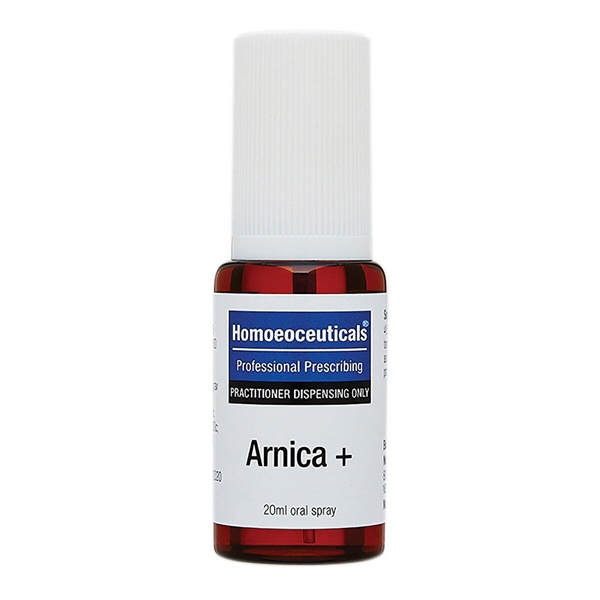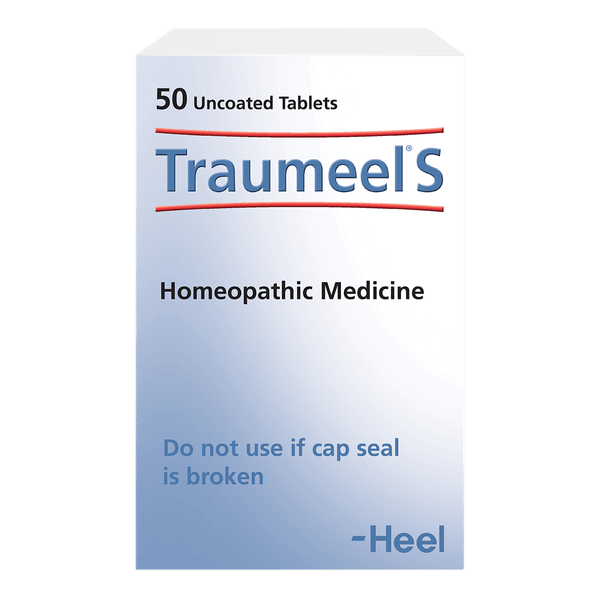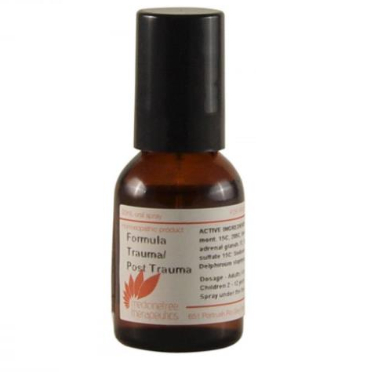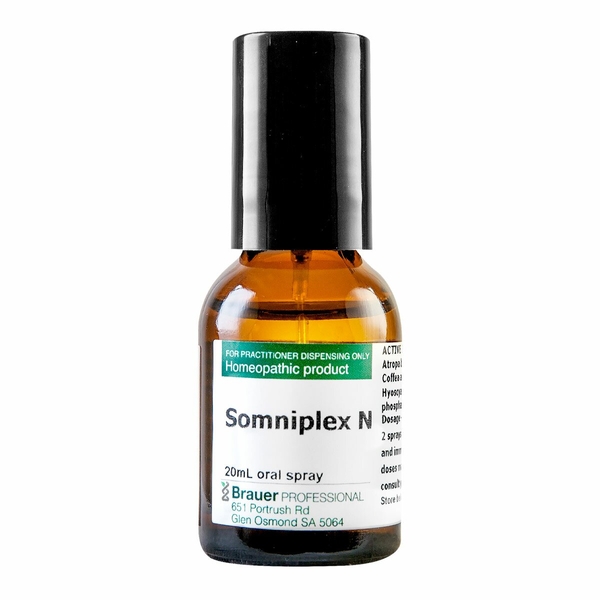
Wild daisy
Scientific names: Bellis perennis
Family: Asteraceae/Compositae
Alternate names: Bairnwort, Bruisewort, Common Daisy, Daisy, English Daisy, Herb Margaret, Bruisewort, Margarita Común, Pâquerette, Pâquerette Margueritte, Pâquerette Vivace, Perennial Daisy, Petite Marguerite
Actions: Antibacterial, Antifungal, Hemolytic
Background
Wild daisy (Bellis perennis) is common species of daisy. It's native to Europe, Africa, and Asia. The parts that grow above ground are used as medicine.
Wild daisy contains chemicals called saponins. These chemicals might help skin cells produce more collagen.
People use wild daisy for bleeding, cough, bronchitis, wounds, and many other conditions, but there is no good scientific evidence to support these uses.
Wild daisy contains chemicals called saponins. These chemicals might help skin cells produce more collagen.
People use wild daisy for bleeding, cough, bronchitis, wounds, and many other conditions, but there is no good scientific evidence to support these uses.
Safety Safety definitions
When taken by mouth: There isn't enough reliable information to know if wild daisy is safe or what the side effects might be.
Allergy to ragweed, daisies, and related plants: Wild daisy may cause an allergic reaction in people who are sensitive to the Asteraceae/Compositae plant family. Members of this family include ragweed, chrysanthemums, marigolds, daisies, and many others.
Special Precautions & Warnings:
Pregnancy and breast-feeding: There isn't enough reliable information to know if wild daisy is safe to use when pregnant or breast-feeding. Stay on the safe side and avoid use.Allergy to ragweed, daisies, and related plants: Wild daisy may cause an allergic reaction in people who are sensitive to the Asteraceae/Compositae plant family. Members of this family include ragweed, chrysanthemums, marigolds, daisies, and many others.
Effectiveness
Effective Effectiveness definitions
There is interest in using wild daisy for a number of purposes, but there isn't enough reliable information to say whether it might be helpful.
Dosing & administration
There isn't enough reliable information to know what an appropriate dose of wild daisy might be. Keep in mind that natural products are not always necessarily safe and dosages can be important. Be sure to follow relevant directions on product labels and consult a healthcare professional before using.
Traditionally, wild daisy has most often been used by adults as a tea, taken by mouth 2-4 times daily.
Traditionally, wild daisy has most often been used by adults as a tea, taken by mouth 2-4 times daily.
Interactions with pharmaceuticals
It is not known if Wild Daisy interacts with any medicines. Before taking Wild Daisy, talk with your healthcare professional if you take any medications.
Interactions with herbs & supplements
There are no known interactions with herbs and supplements.
Interactions with foods
There are no known interactions with foods.
Products
View all productsPractitioner product
Per tablet:
Practitioner product
Practitioner product
vital.ly has licensed monographs from TRC Healthcare.
This monograph was last reviewed on 24/03/2025 11:00:00. Monographs are reviewed and/or updated multiple times per month and at least once per year.
Natural Medicines disclaims any responsibility related to medical consequences of using any medical product. Effort is made to ensure that the information contained in this monograph is accurate at the time it was published. Consumers and medical professionals who consult this monograph are cautioned that any medical or product related decision is the sole responsibility of the consumer and/or the health care professional. A legal License Agreement sets limitations on downloading, storing, or printing content from this Database. No reproduction of this monograph or any content from this Database is permitted without written permission from the publisher. It is unlawful to download, store, or distribute content from this site.








